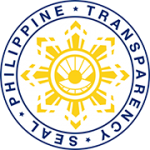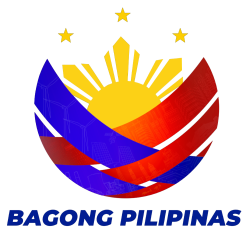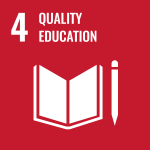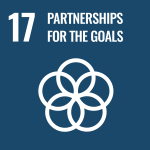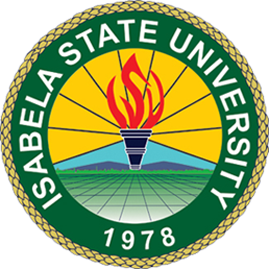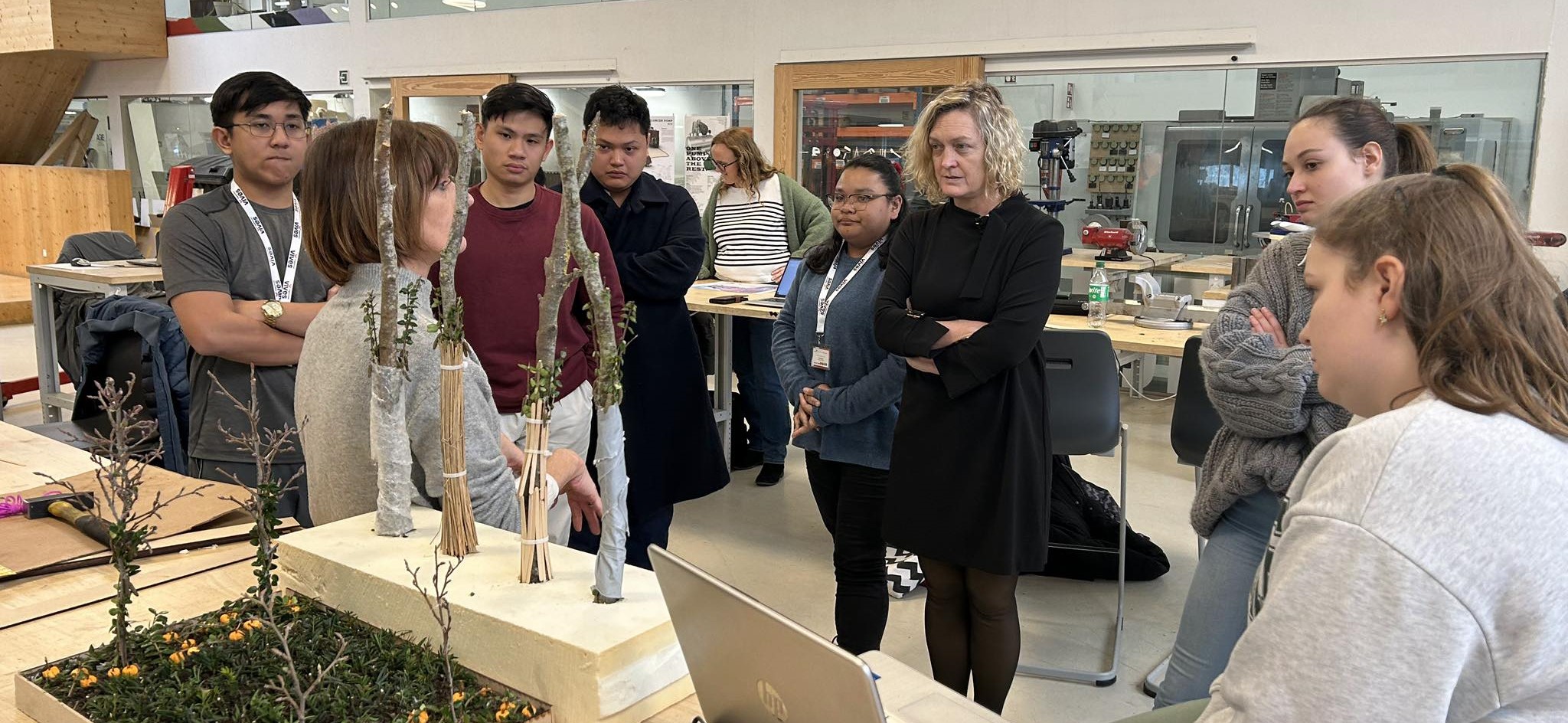
Given a unique opportunity to broaden his horizons and contribute to develop solutions on agriculture, climate change, and entrepreneurship, Lex Cedric Aquino – a 3rd year BS Psychology student of Isabela State University (ISU), is one of the team members that received the Jury’s Award (Top 1) during the Intensive Programme Belgium 2024.
In his interview, the Psychology student bares his mind on the experiences and learnings that he had during the Intensive Programme. He also speaks on the focus of their proposal leading to the Jury’s Award, and demonstrates inspiration to fellow students seeking the same opportunities.
Once in a lifetime experience
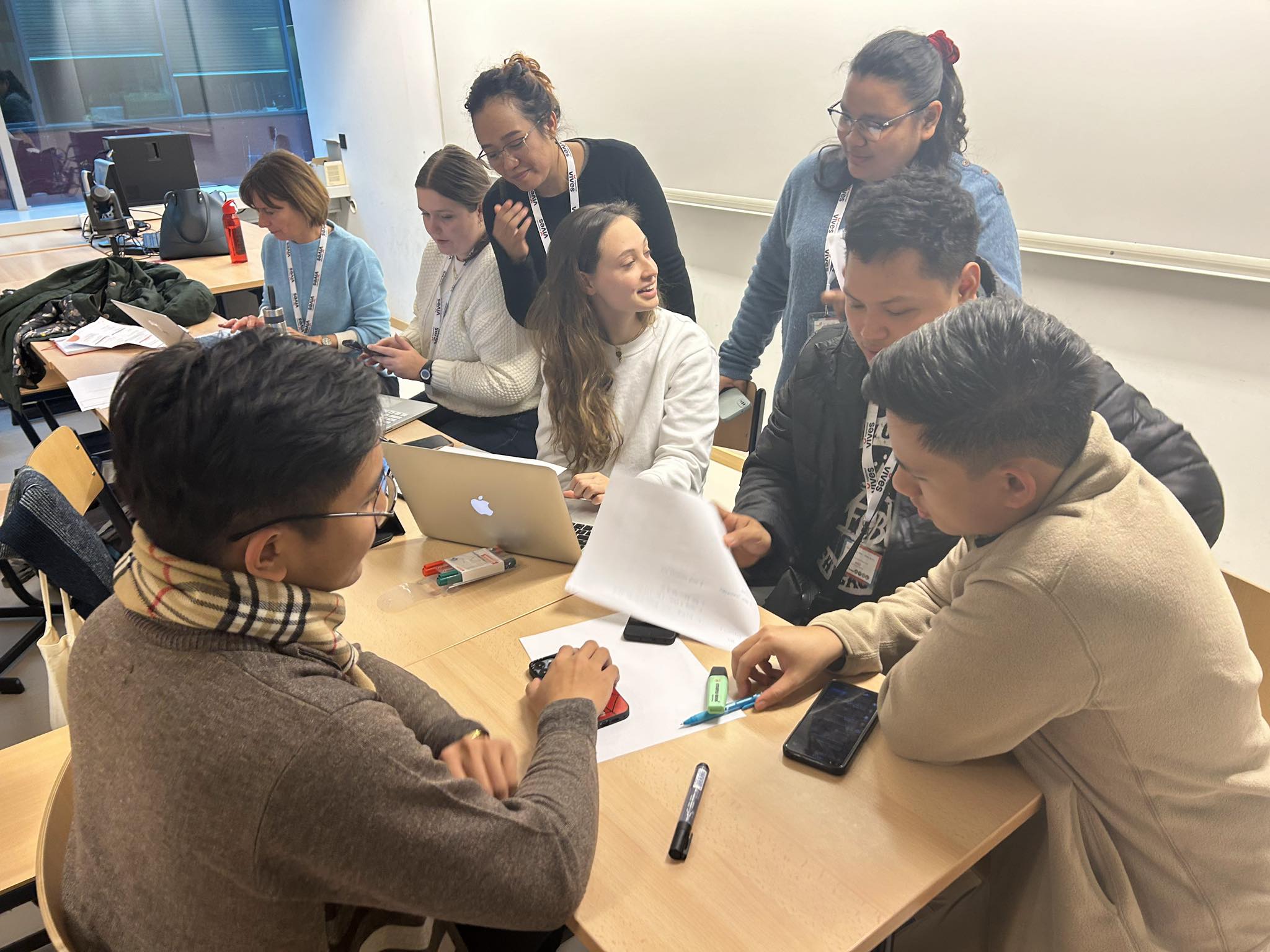

Lex considers the Intensive Programme as a great opportunity for him and ISU as the programme contributed to his overall development. He mentioned that he has improved his social skills relevant in interacting with various kinds of people, including international students whom they met at VIVES University of Applied Sciences and Howest University.
He was delighted to interact with other students with the goal of stretching his perception beyond ISU and the Philippines. For him, it was great to see people of different cultures coming together despite language barriers to reach their common goal through collaboration and teamwork.
“So mas lumawak yung perception ko sa mundo [at] sa aking buhay kasi nakita ko ‘yung point of view ng ibang tao,” he expressed during the interview.
Problems and solutions
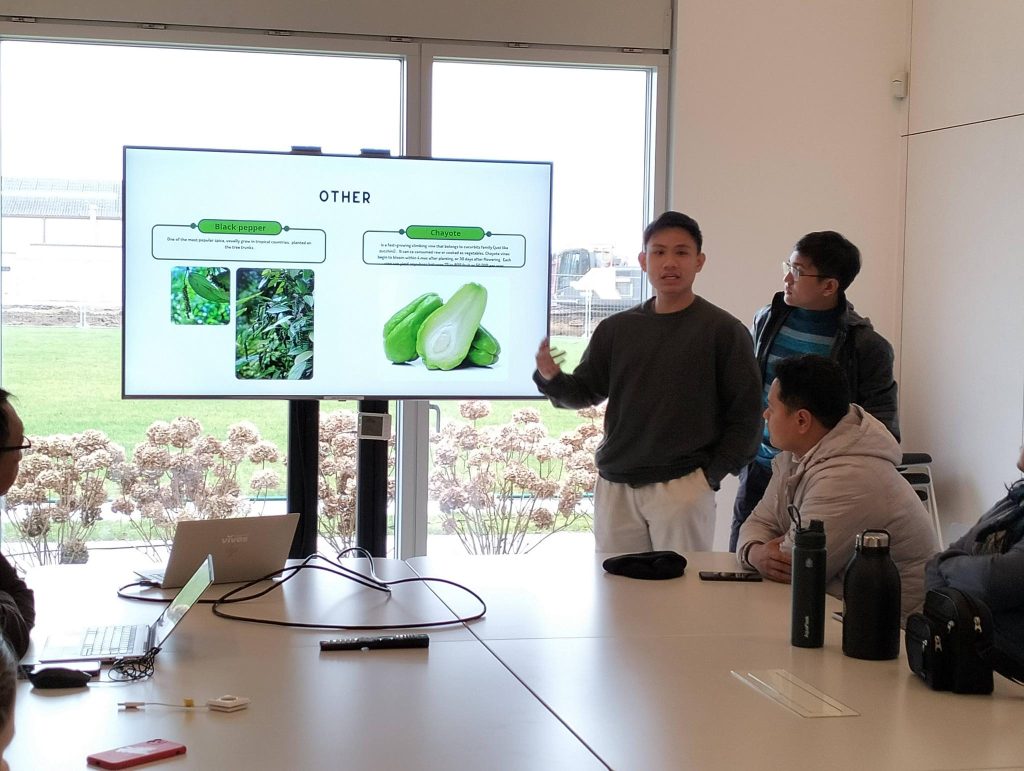

During the programme, students from the Philippines and Belgium were formed together in groups to address 21st century problems related to both countries wherein Lex and his team were assigned a case on Agroforestry. According to the US Department of Agriculture, Agroforestry is the intentional integration of trees and shrubs into crop and animal farming systems to create environmental, economic, and social benefits.
Their case involved Inagro, a research center in the heart of West Flanders that supports farmers and mainly studies technical problems with industrial crops. Founded more than 60 years ago, Inagro ensures a practice-driven approach by involving relevant stakeholders (such as students) in the process to provide input and feedback for the realization of feasible and affordable solutions.
Joining Lex in the team were Titus Jake Chua, Juan Miguel Cortez Lacuna, Lourdes Maria Apongol, Margot Van Mol, Jana Dewilde, and Raphael Dewitte. Inagro raised the concern to them, specifically on a large walnut tree in their vicinity which casts huge shadows on crops preventing the absorption of sunlight which is valuable for its growth.
The team utilized design thinking (an iterative process to challenge assumptions and redefine problems to create innovative solutions) to come up with general and specific ideas that Inagro would assess and see as feasible given its technology and resources.
“Nakapag-come up po kami ng very unique, nagpasa po kami ng idea na hindi pa po nai-tatry sa Belgium. So parang kami po yung nag-propose ng ganung idea. And honestly, na-surprise po ako na kami po ‘yung nanalo,” Lex enthusiastically shared on their proposal and win.
Lifelong learning
Lex considers global engagement as the most important and significant learning that he had during the programme while stressing the need to extend our range of networks even beyond the University and the country. He further urged for people to come out of their comfort zones and explore different fields – him being an example of a Psychology student delving into the core concerns of the Intensive Programme.
“Ang madadala naman at maiuuwi namin from Belgium ay ‘yung thought na kailangan nating magkaroon ng isang goal,” Lex stated when asked about what they can give back to the University.
For Lex, working on the same goal brings about collaboration, teamwork, and chemistry. That despite varying ethnicities and cultures, eventually all will be resolved as long as people know where they are coming from.
For future opportunities
Indeed, the Intensive Programme has been a fruitful result of a long and strong multi-stakeholder partnership. With future opportunities like this, Lex hopes for future Filipino delegates to be prepared, especially in the realm of communication and maintaining their social batteries. He also wished them perseverance, for them to be able to start and finish their intensive journey – achieving their goal of representing the University and the country.

